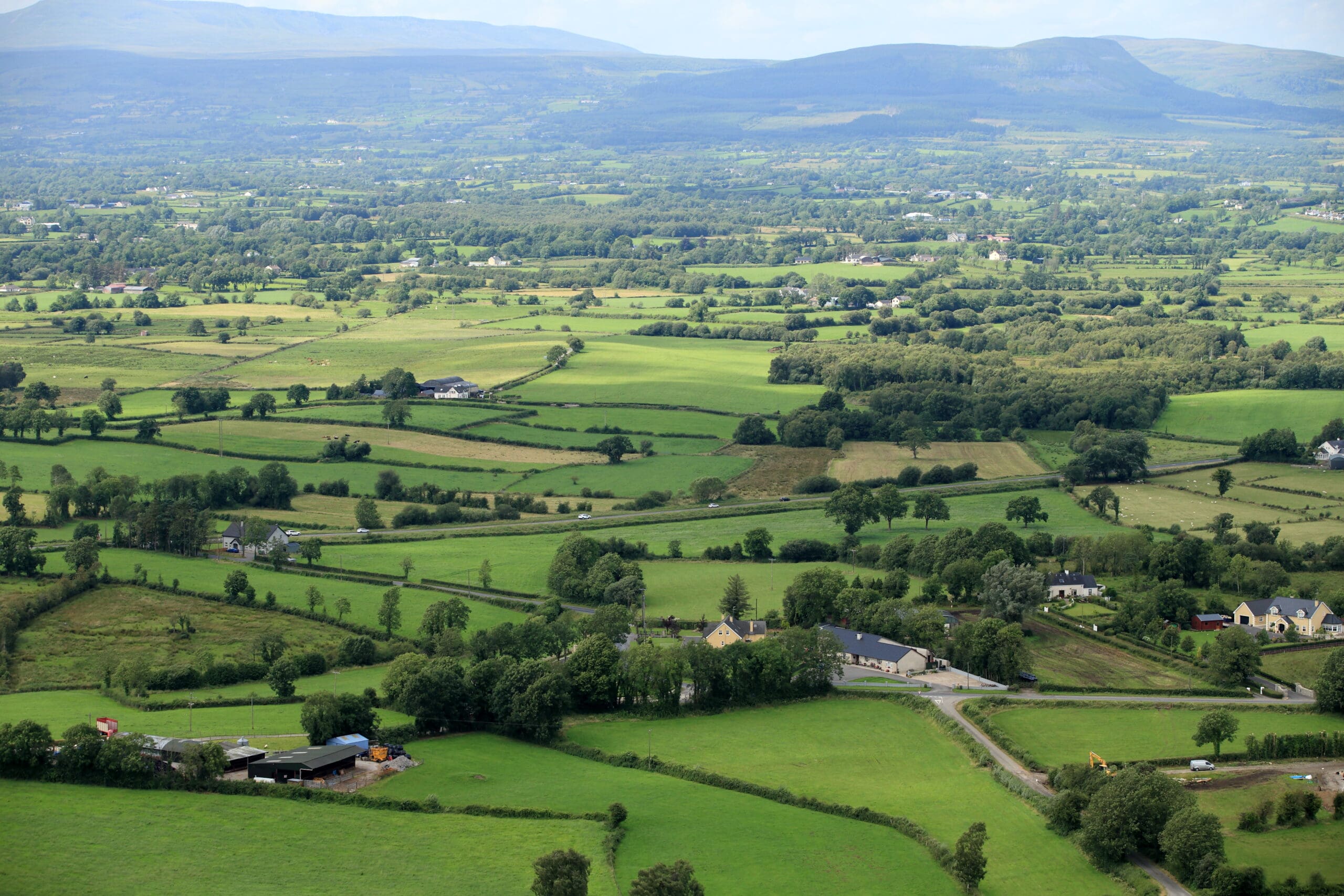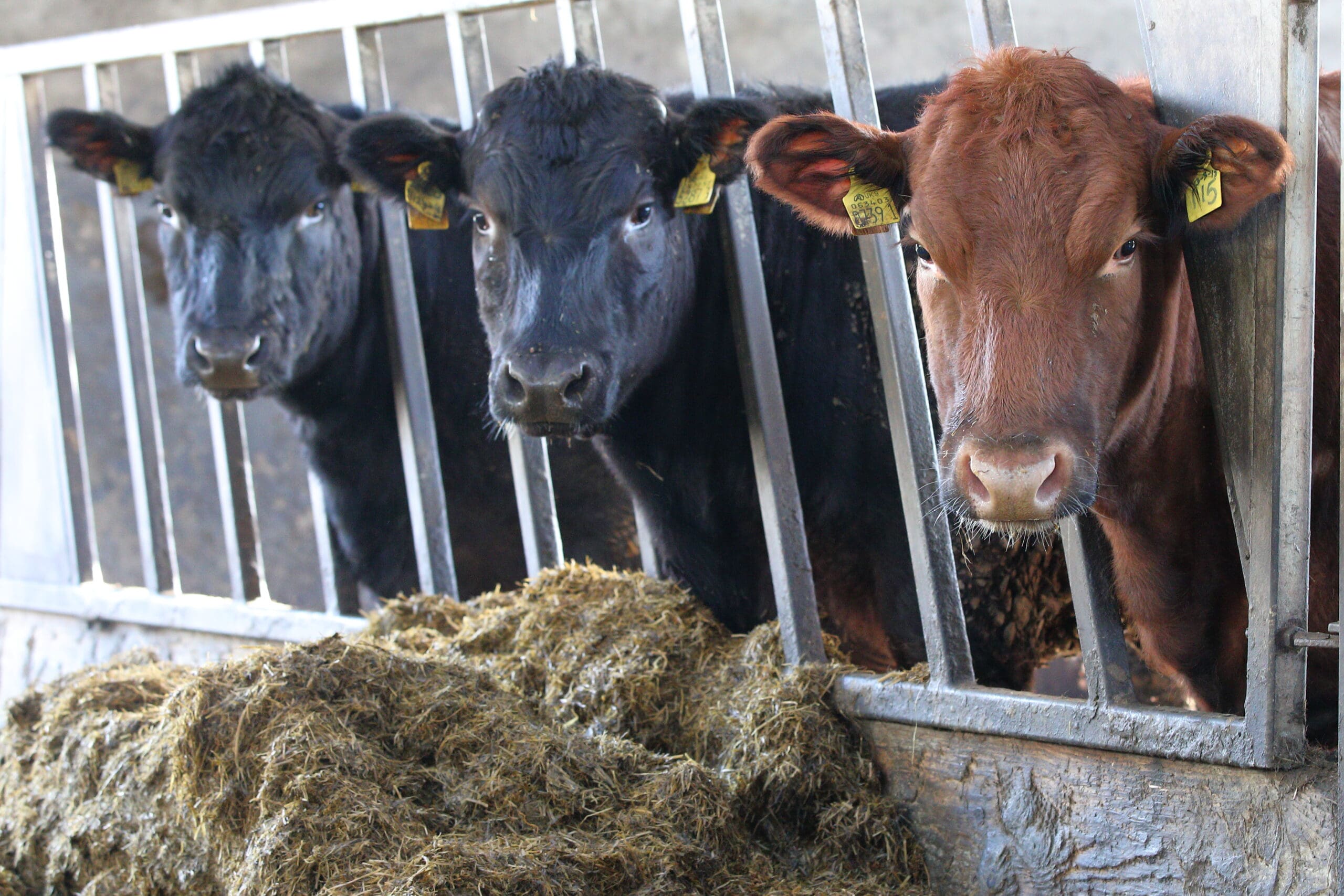
Commodity Watch
The idea of 'rural proofing' has long been in the roster of policy-making instruments in the United Kingdom, the aim behind it being the need to ensure that factors which may leave rural dwellers at a disadvantage, eg. distance from services, lack of access to broadband and poorer infrastructure are factored into decisions about policy and delivery from government departments.
All eleven departments have made a voluntary commitment to rural proof, but the reality unfortunately shows that this commitment has not always been adhered to. Now, in an attempt to give the process more "teeth", DARD are considering bringing a bill to the Assembly in the new year which will place a statutory requirement on government bodies to carry out these impact assessments. The issue is clear, rural proofing is an equality issue, not an optional extra.
However, in making such a piece of legislation both workable and effective, there needs to be clarity on two very important issues. Firstly, "what is rural?" and secondly, "what is proofing?" The question needs to be asked why the current system, whereby rural proofing is an obligation, but not a requirement, has not worked. I suspect that part of the answer lies in the confusion around these issues. Other equality characteristics are relatively easily defined, given that they generally refer to aspects of individuals, but how does one define a rural dweller? And secondly, even if a definition was to be settled on, how would the impact specific to rural dwellers be quantified so as to provide legal certainty and predictability?
With regard to the first consideration, the current NISRA definition of "rural" concerns population density, areas with a population of less than 4500 are counted as rural, but this means that lines are drawn arbitrarily and there are many who are, for all intents and purposes rural, who are excluded. Like any concept in the social sciences, "rurality" is a very nebulous idea: the Oxford English Dictionary defines rural as "relating to, or characteristic of, the countryside rather than the town." This negative definition is typical of the lack of clarity on the issue, and the fluidity of the concept means that a suitable definition will depend on the objective to be achieved, and the time at which the policy is made. Therefore my initial thought would be to use a negative baseline definition in any legislation similar to the one used in the OED, but with the requirement that Departments and other government agencies produce a suitable definition for their own policies which would be appropriate for the goals they seek to achieve. This would allow policy-makers the elbow room to factor in "rural" issues which would be relevant
The second consideration, the process of "proofing" itself pivots on the issue of what exactly is to be achieved. I would suggest that the goal be to "ensure that rural dwellers are not disproportionately disadvantaged by policy-making and delivery". This would borrow the test of proportionality which is well developed in EU and ECHR case law. In a nutshell, this test asks whether a measure goes beyond what is necessary and suitable to achieve the desired objective, and if it would mean that an excessive burden would be placed on rural dwellers, and if the objective could be achieved satisfactorily in a less onerous way. The principle of proportionality has been used to good effect in other areas regarding equality and it seems to me to make sense for it to be used in rural proofing.
This move by DARD represents a shift in equality law and policy, which has traditionally concerned itself with issues pertaining to individuals and groups. Rurality is hard to quantify as a characteristic, which is why I suggest starting with what it is not. The task ahead for DARD and the other stakeholders involved should not be underestimated.




